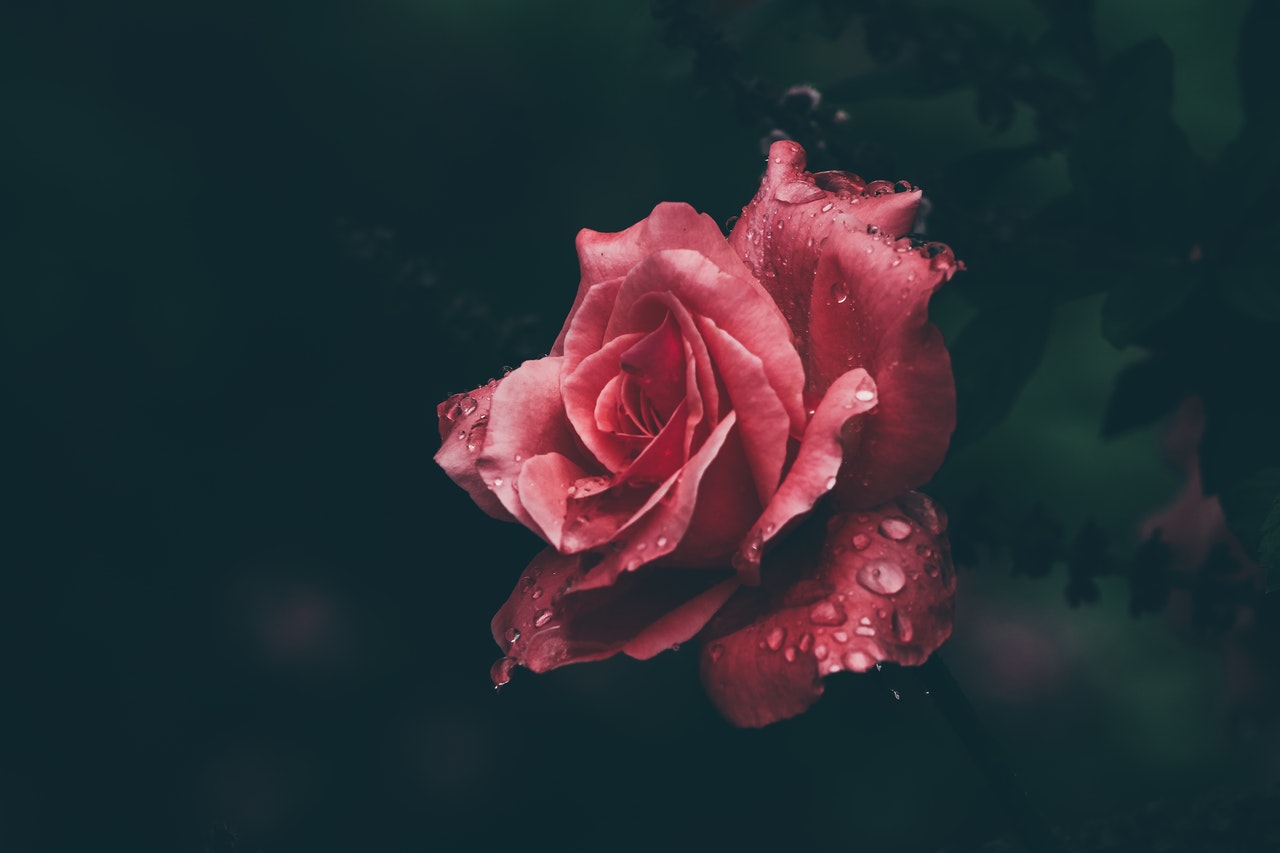Why have tai-tais become such a popular stereotype?
I guess they’re an easy target. You see more and more big designer stores popping up and read about super pricey properties being snapped up, and you quickly imagine they must all be filled with all these ladies with expensive habits.
How important is money to you?
Not as important as it was 20 years ago. I’m consciously trying to downsize and simplify my life, as well as learning to live with less. Corny as it sounds, it’s really more about spending quality time with people than about acquiring more things.
What do you think about the way Singapore is shaping up?
On the surface, it’s pretty much your typical metropolis with all the bright and shiny futuristic buildings that would look great in Monocle. But its inhabitants are likely to have mixed feelings; everything comes with a cost. For every painfully hip hotspot that opens in Little India or Tiong Bahru, another uniquely Singaporean institution closes. So you either applaud the coming-of-age or lament the passing. Not everyone will see things the same way.
What do you know now you wish you knew in your Army Daze days?
That I should’ve served NS later, when things weren’t as tough. Really, though—I did my NS in the ‘70s, and even though it was an arduous experience, I don’t think I’d want to change anything. I was wide-eyed, nervous and geeky, and probably needed the toughening up.
What would you do for the arts in Singapore if you had the power to do just about anything?
Start by building two to three more mid-sized theatres with seating capacity of about 200, 300 or 500. Considering how active the arts scene is now, I think there is a lack of proper venues. And I would give all theater groups “media credits” every year, which they can use to advertise in the dailies and on TV, because arts groups can’t afford the kind of rates that TV and newspapers command.
You share a name with a famous Taiwanese billionaire. What would your Forbes description sound like?
“Ridiculously soft-spoken Singaporean media personality, best-known for peddling gossip rags and low-brow comedies.”
High Class is on July 5-14 while Army Daze is on July 19-28, 3pm, 5pm, 8pm at the Drama Centre Theatre.





